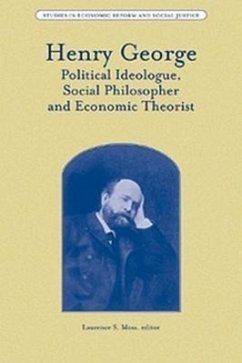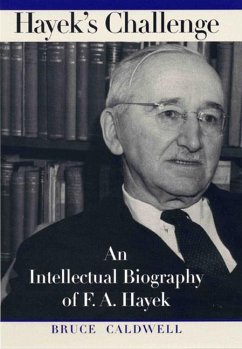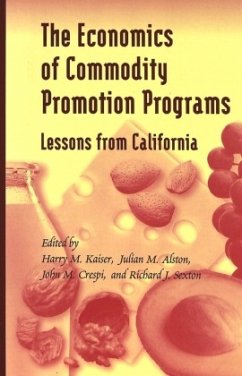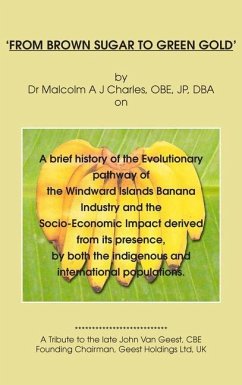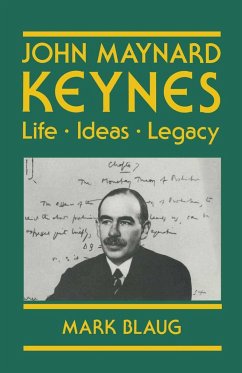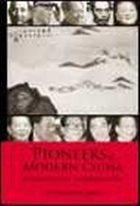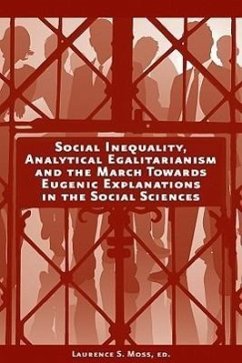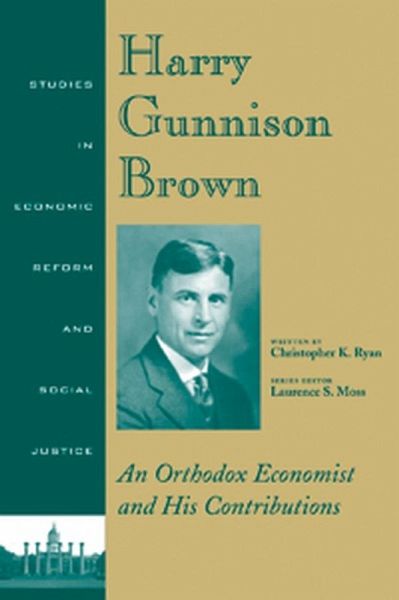
Harry Gunnison Brown
An Orthodox Economist and His Contributions
Herausgeber: Moss, Laurence S
Versandkostenfrei!
Versandfertig in über 4 Wochen
61,99 €
inkl. MwSt.

PAYBACK Punkte
31 °P sammeln!
Harry Gunnison Brown was born in 1880 and died in 1975. He was part of a important group of American economists that included Herbert J. Davenport, E.R.A. Seligman, J. B. Clark, Alvin S. Johnson, Frank A. Fetter, Richard T. Ely and Frank Knight. In some ways Brown represented an orthodoxy in economics that was slipping away as neoclassical economics assumed a particular shape. For example, Brown argued for the separate influences of both land and capital goods on the pricing of goods and services and did not follow the trend in "orthodox" circles of considering land just another form of capita...
Harry Gunnison Brown was born in 1880 and died in 1975. He was part of a important group of American economists that included Herbert J. Davenport, E.R.A. Seligman, J. B. Clark, Alvin S. Johnson, Frank A. Fetter, Richard T. Ely and Frank Knight. In some ways Brown represented an orthodoxy in economics that was slipping away as neoclassical economics assumed a particular shape. For example, Brown argued for the separate influences of both land and capital goods on the pricing of goods and services and did not follow the trend in "orthodox" circles of considering land just another form of capital. Brown supported land value taxation at a time when the leading economists of his day rejected Henry George's ideas and the possibility of Georgist economics. Ryan summarizes Brown's theoretical insights and the intellectual contexts in which they were developed. This monograph is an important and useful contribution to current efforts underway to appreciate the historical development of economics in the 20th century.



